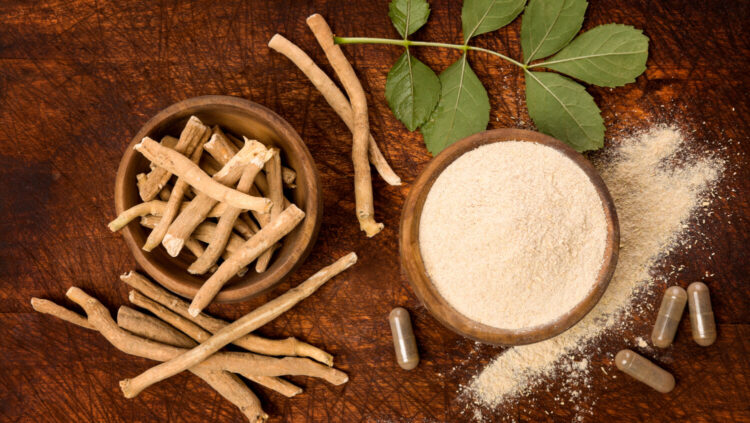Science confirms: What doesn’t kill you DOES make you stronger

“What doesn’t kill you makes you stronger.” It’s an age-old adage that people use to build themselves and others up when things goes wrong. But is it actually true?
Scientifically speaking, the answer is yes. Scientists have known for a long time that short periods of mild stress make simple organisms and human cells alike better able to tolerate later instances of stress. Now, a study published in “Nature Communications” shows that a cellular process called autophagy is responsible for the apparent benefits of short-lasting stress.
How Does This Process Work?
Autophagy is the body’s system of “cleaning house.” It is the means by which cells’ old, broken or unneeded parts are recycled so that their components are available to be reused to make new molecules or to be burned for energy. While this process had previously been linked to longevity, scientists hypothesized that it might also have a connection to our ability to better manage stress.
The Experiment
To test their hypothesis, scientists incubated tiny roundworms at 36 degrees Celsius for one hour, which is significantly above the normal temperature they are kept at in the laboratory. After this short-term exposure to heat, autophagy rates increased in the worms’ tissues. Later, they exposed these same worms to another, longer heat shock. They found that worms that were deficient in autophagy did not benefit from the initial mild heat exposure compared to those with sufficient levels of autophagy.
“Our finding that brief heat exposure helps alleviate protein aggregation is exciting because it could lead to new approaches to slow the advance of neurodegenerative diseases such as Huntington’s,” Malene Hansen, Ph.D. and senior study author, told Science Daily. “The results may also be relevant to Alzheimer’s and Parkinson’s, which are similarly caused by clumping-prone proteins.”
How Can We Use This Information?
As for how this phenomenon translates to humans, another set of researchers were interested in seeing if there was any validity to the theory that you emerge a stronger, better person after a painful breakup, just one example of a major stressor. So they studied 92 undergraduate students who had recently gone through a breakup. Their findings supported the idea that losing a romantic partner does, indeed, have positive effects on your life.
“The first finding of interest was that every single participant listed some positive life changes as a result of their breakup and there were on average five positive changes reported following these breakups. Some examples of the positive changes included feeling more confident, independent, or closer to their friends or family following the breakup,” Ty Tashiro, the study’s lead author, told Elite Daily.
“We have a mechanism in our brains designed by natural selection to pull us through a very tumultuous time in our lives,” Professor Brian Boutwell, a researcher at Saint Louis University, told Metro. “It suggests people will recover; the pain will go away with time. There will be a light at the end of the tunnel.”
Even stress on children can help them fare better throughout life. Research has shown that those who were adopted at a young age, which is classified as a moderate early life stress, had lower levels of the stress hormone cortisol than those who hadn’t experienced much adversity growing up.
The way you frame stressors in your life can also make a difference. If look at stress as as an opportunity rather than a hindrance, it can change how it affects you. For example, another study found that employees who viewed stress as an opportunity to enhance their performance reported having better health, greater life satisfaction and better work performance than those who perceived stress as a negative.
“What I learned from these studies, surveys and conversations truly changed the way I think about stress,” Stanford psychologist Kelly McGonigal wrote in her book “The Upside of Stress: Why Stress Is Good for You, and How to Get Good at It.” “The best way to manage stress isn’t to reduce or avoid it, but rather to rethink and even embrace it.”
So next time you’re feeling down and out, remember: Good things are ahead. Science says so.







